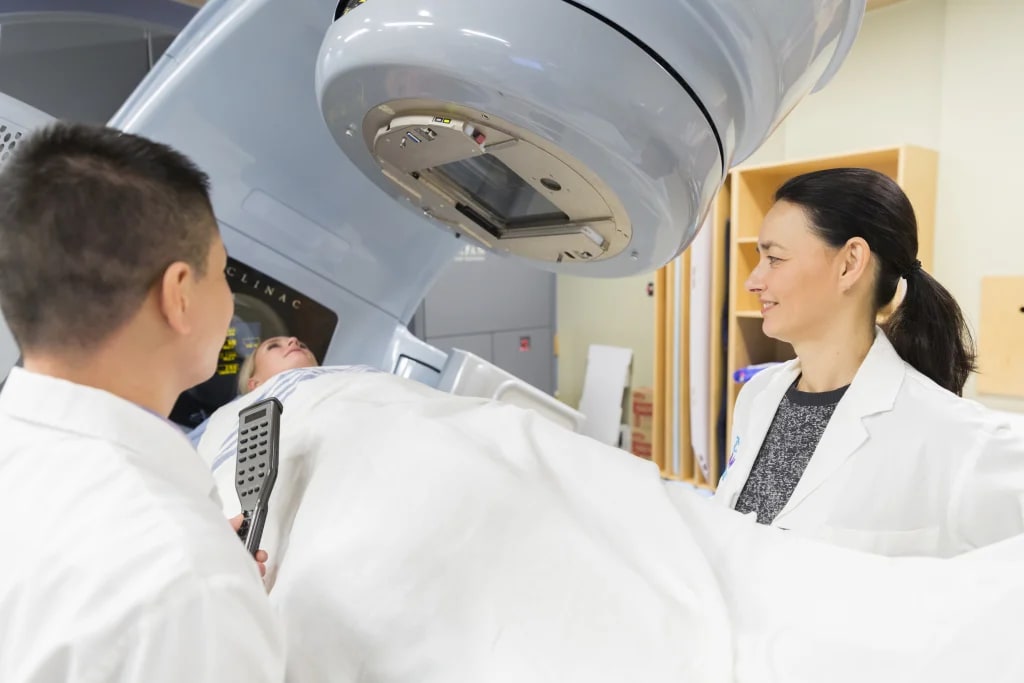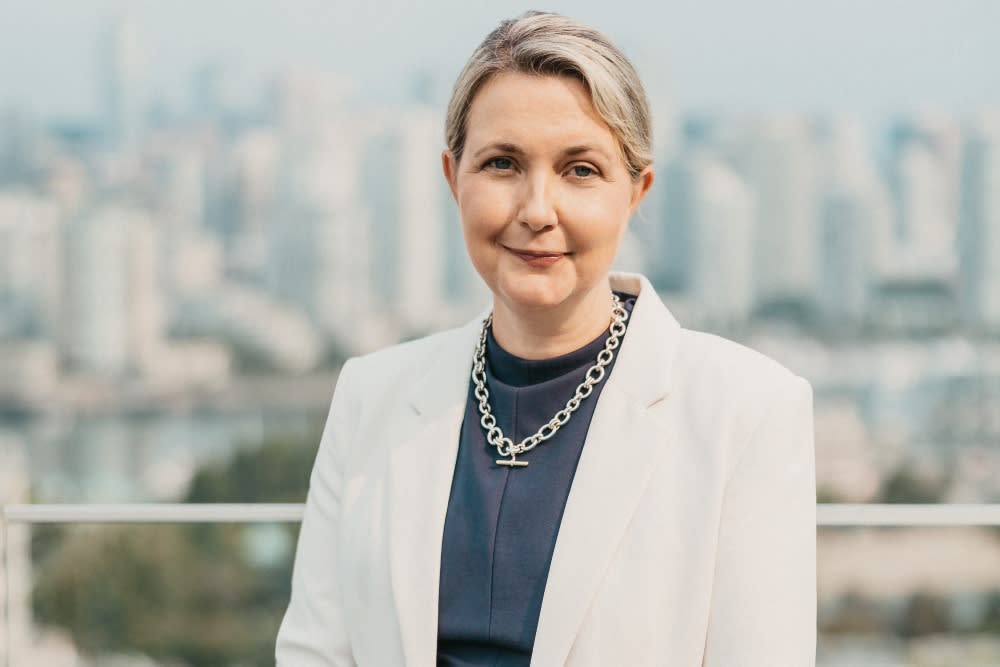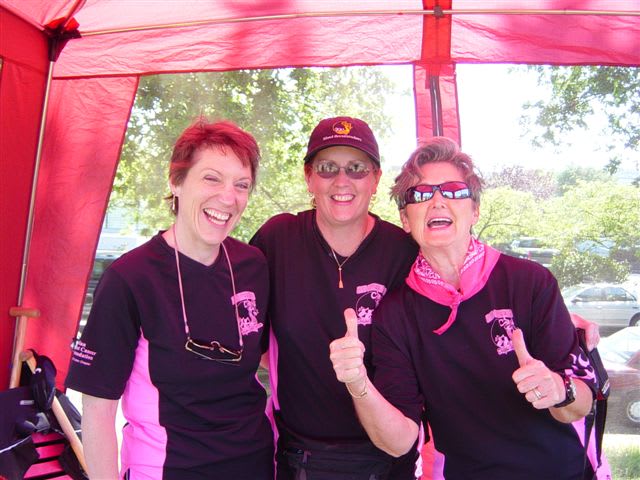Radiation Research – Hope for Our Loved Ones
February 5, 2024
Found in General, Innovation, World Cancer Day
 By Sarah Roth, BC Cancer Foundation President and CEO and Dr. Paris-Ann Ingledew, Head, Department of Radiation Oncology at BC Cancer – Vancouver
By Sarah Roth, BC Cancer Foundation President and CEO and Dr. Paris-Ann Ingledew, Head, Department of Radiation Oncology at BC Cancer – Vancouver
This World Cancer Day, as we reflect on how far we have come in tackling this disease but also how far we need to go, it’s important to look for solutions that will have wide-ranging impact. Developing more precise and faster radiation treatments is one of those solutions.
Radiation research and clinical trials are expensive. And unlike drug trials, which are often supported by the companies producing the treatments, radiation research in B.C. relies almost entirely on funding from the government or donations through the BC Cancer Foundation.
Radiation therapy is an essential part of cancer care with half of all patients requiring the treatment. For some, it can be lengthy and intense process requiring dozens of treatments, but BC Cancer researchers are making headway that benefits all in need of this care.
For example, the standard of care for prostate cancer patients used to be five to upwards of eight weeks of daily radiation. Thanks to research led from BC Cancer – Victoria, some patients can now receive just five doses of a high-precision radiation – a reduction of up to 85 per cent in treatment sessions. In their next donor-funded trial, researchers are working to reduce treatments even further to two doses by using artificial intelligence to target treatment even more precisely.
Meanwhile, BC Cancer – Prince George’s researchers are preparing to lead an international trial, primarily funded by the BC Cancer Foundation, that will test the use of just a single dose of radiation for patients with several types of metastatic cancer. Compared to existing treatments, which only shrink or slow metastatic tumour growth, it is hoped that this trial will show an improvement in the chance of complete remission and reduce side effects.
These advances are more than just scientific breakthroughs. They’re life-changers for patients, especially those from rural and remote areas. Patients are spared from weeks or months of scrambling to find child care or undergo treatment apart from the support of family and friends, and from spending hundreds of dollars in travel and accommodation expenses.
A three-time cancer survivor who participated in a similar trial to those mentioned above shared with us that his first experience with cancer several years ago required a six-month stay in Vancouver, hours away from his home, and took a tremendous mental and physical toll. His third bout required just a handful of radiation treatments at his home centre with few side effects. The difference in care was like night and day.
Zoom out, and the benefits multiply. Faster and fewer treatments have a ripple-like effect on the entire cancer care system, because the less time patients spend at a BC Cancer treatment centre, the more capacity that centre has to treat others. Strong clinical trials also help to recruit and retain up and coming clinical stars to British Columbia – clinicians who contribute significantly to advancing patient care and wait list reduction.
The achievements today are possible thanks to a legacy of community support for these programs, and the same will be true for the radiation clinical trials being funded today become the standard of cancer care in the future.
Innovations like these point to a path forward for continued improvements in cancer care. Philanthropy offers a chance for all of us to contribute meaningfully toward faster and more precise cancer treatments, and to a more robust cancer care system.
Learn more about how BC Cancer Foundation donors are closing the care gap for patients across the province.


